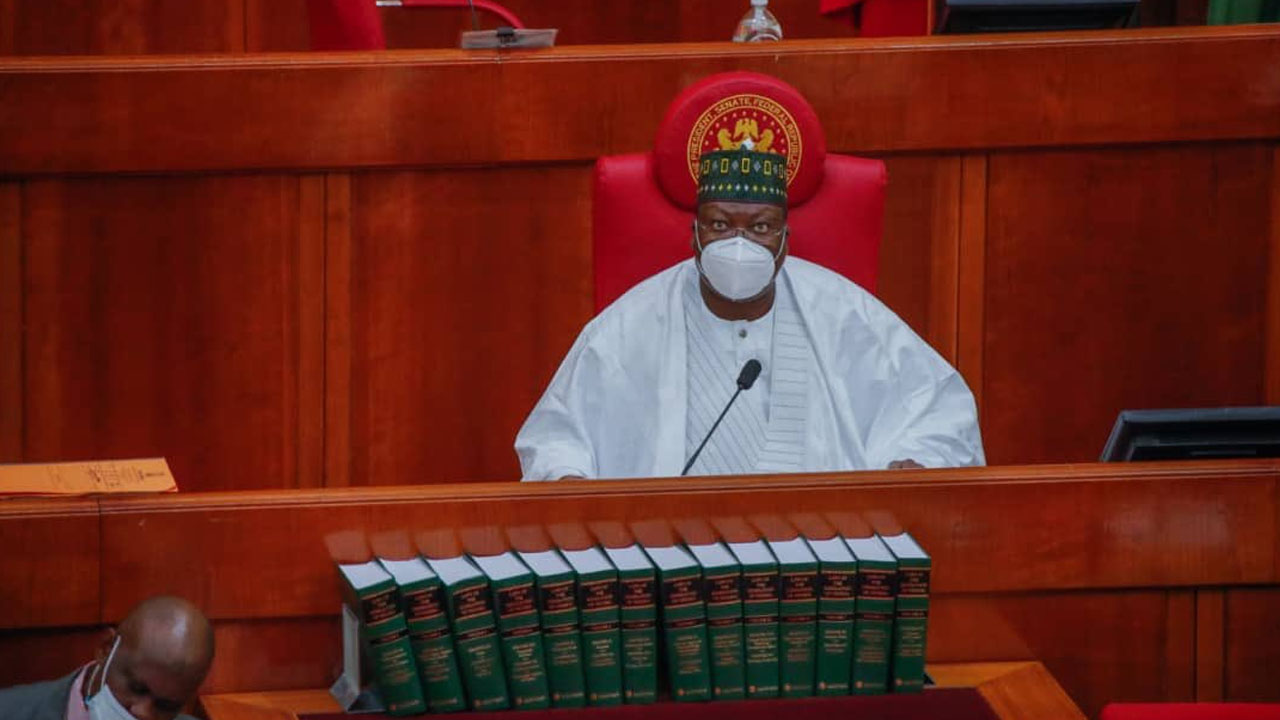The Nigerian Senate has approved President Muhammadu Buhari’s $16,230,077,718 and €1,020,000,000 loan requests including grant components of $125,000,000.00 under the 2018-2020 External Borrowing (Rolling) plan for the Federal Government.
The approval came after the chairman of the Senate Committee on Local and Foreign debts, Clifford Ordia disclosed that the projects which needed the funds were ongoing.
In his motion during plenary, Ordia said the projects for which the funds will be used will enhance economic activities, which would consequently trigger productivity that will ensure tax revenues payable to the Government.
“It will be recalled that the senate at plenary in July 2021 approved financing for projects as recommended by the Committee above whilst the Committee continued further legislative action and consideration of the outstanding request.
“Subsequently, on the 15th of September 2021, the President of the Senate of the federal republic of Nigeria read another Communication from the President and Commander in Chief of the Armed Forces, Containing an addendum to the 2018-2020 External Borrowing (Rolling) Plan in the sum of $4,054,476,863, €710,000,000 and Grant Component of $125,000,000 for various projects and same was also referred to the committee for further legislative action.
“The committee notes that a good number of the projects in respect of which financing is being requested under the 2018-2020 external borrowing (rolling) plan are mostly ongoing projects and programmes in respect of which externally borrowed funds have been spent in the past, including loans and grants.
“The committee found as a fact that out of a sum of over $22.8billion approved by the national assembly under the 2016-2018 external borrowing rolling plan, only $2.8billion, that is 10% has been disbursed to Nigeria.
“The committee observes that these projects, some of which require additional financing, will have a great multiplier effect on stimulating economic growth through infrastructure development, job creation, poverty alleviation, health care and improve our security architecture,” Ordia said.




